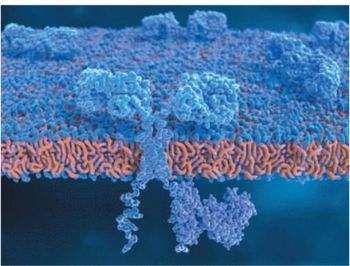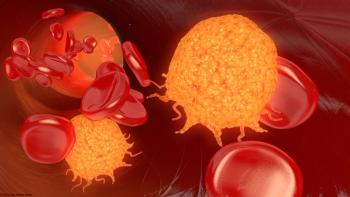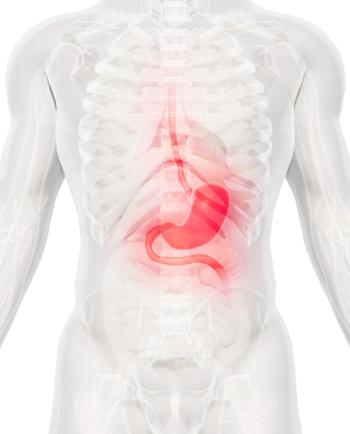
All News


Given an unmet need for efficacious therapies against ALK-positive NSCLC, experts discuss optimal ALK TKI sequencing for patients with this disease.

Following a positive meeting with the FDA, PT-112 is set to advance to a phase 3 trial for patients with metastatic castration-resistant prostate cancer.

ODAC has voted against the use of UGN-102 intravesical solution for patients with advanced bladder cancer.

Currently, sacituzumab govitecan, T-DXd, and Dato-DXd cannot be compared in HR+/HER2– breast cancer due to a lack of head-to-head trials.

"The data, even in fast progressors and within 6 months of endocrine therapy, [show it] is working," stated Monica Khunger Malhotra, MD.

Co-hosts Kristie L. Kahl and Andrew Svonavec highlight what to look forward to at the 2025 ASCO Annual Meeting, from hot topics and emerging trends to travel recommendations.


Based on the trial population and end point criteria, ODAC voted for daratumumab and hyaluronidase-fijh injection for SQ use in high-risk smoldering multiple myeloma.

Kit Yu Lu, MD, identifies patients with HR+/HER2– metastatic breast cancer who may benefit from earlier T-DXd or sacituzumab govitecan treatment.

The FDA’s ODAC convened to discuss the potentially inconsistent treatment effects of glofitamab between regional subgroups in the phase 3 STARGLO trial.

Findings from the CheckMate 77T study support the approval of this nivolumab-based regimen in the European Union.


The pediatric care wing of the Jack & Sheryl Morris Cancer Center is intended to accommodate the physical and emotional needs of younger patients with cancer.

Care for patients with chronic lymphocytic leukemia continues to evolve via novel targeted therapies. Here are 3 things every cancer care specialist should know about treating CLL.

Data from the DREAMM-7 and DREAMM-8 trials support the approval of belantamab mafodotin for patients with relapsed/refractory multiple myeloma in Japan.


Antitumor activity was observed in patients with gastroesophageal adenocarcinoma treated with the combination regardless of chemotherapy type.

For patients with right-sided CRC tumors, no significant progression-free survival difference was observed between the cetuximab and FOLFIRI-only groups.

The trial initiation is based on phase 1/2 IDeate-PanTumor01 trial results presented at the 2022 and 2023 European Society for Medical Oncology Congress.

Here are 3 things you should know about the multimodal treatment of patients with SCLC.

Authors of a manuscript published in ONCOLOGY® discuss how artificial intelligence may help with cancer detection and improving various patient outcomes.


Jennifer Moliterno, MD, FAANS, discusses effective collaboration strategies with multidisciplinary colleagues to optimize treatment for brain tumors.

No new safety signals were observed with bevacizumab, atezolizumab, carboplatin, and etoposide in extensive-stage small cell lung cancer.

A panel of experts discussed their institutions’ practices for administering bispecific antibodies, BCMA or GPRC5D, to patients with multiple myeloma.


Treatment with disitamab vedotin and toripalimab improves survival regardless of cisplatin eligibility or HER2 expression level in the phase 3 RC48-C016 trial.

The safety profile of daratumumab plus bortezomib, melphalan, and prednisone remained stable at follow-up, and no new safety signals were observed.

CAR T-cell therapies such as liso-cel and axi-cel in DLBCL were the focal points during an Around the Practice program at the 2025 Tandem Meeting.

